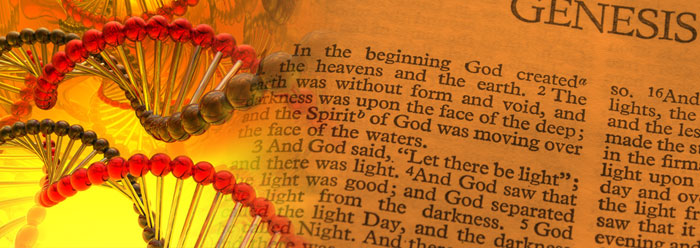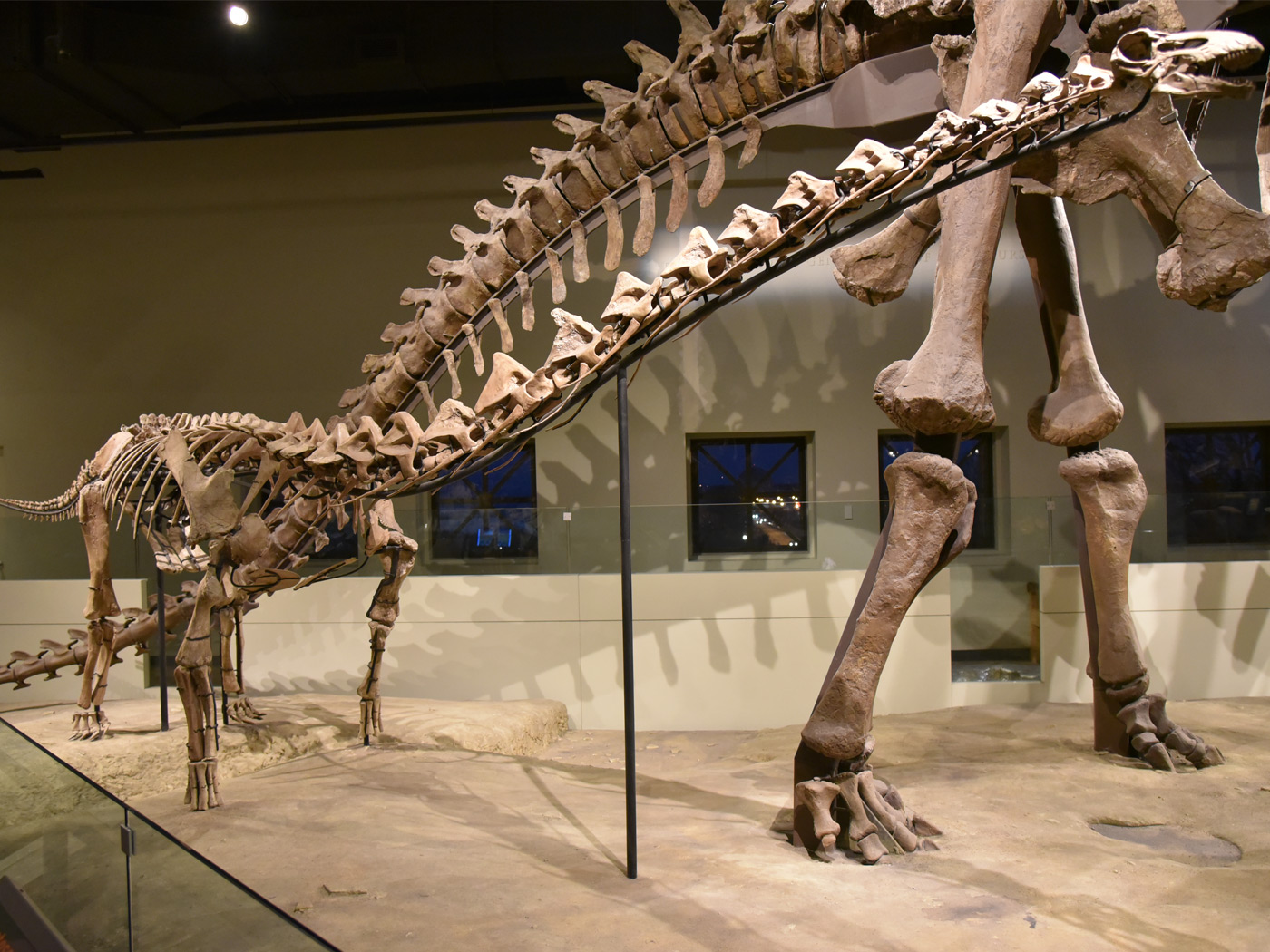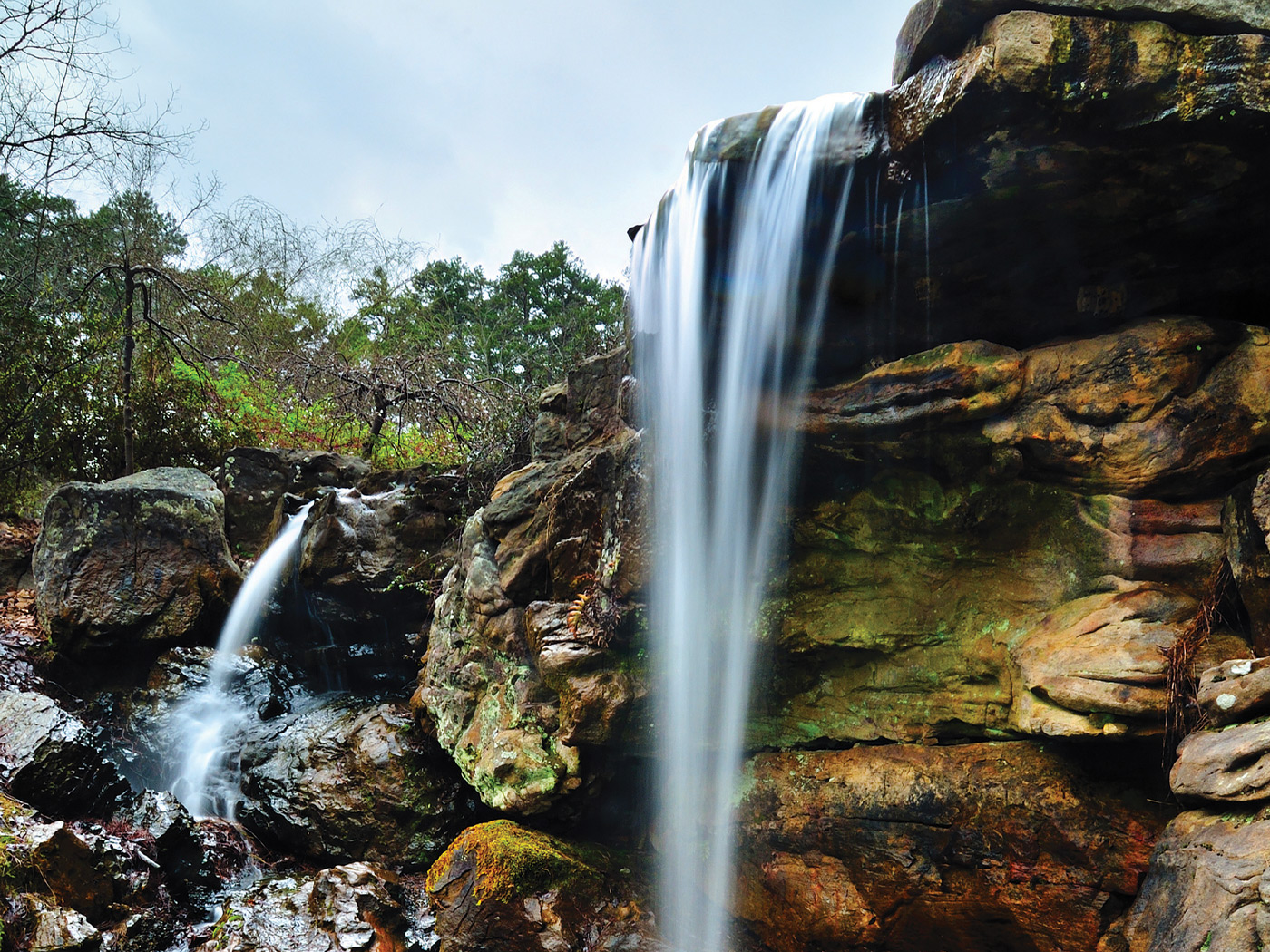In order for an opinion about something to be credible, it must adequately explain the existing evidence. This is especially true for ideas about the long ago past.
Let's keep in mind that no one saw the origin's events; there are no living eyewitnesses. (Actually, there is an Eyewitness, and He wrote a Book about it, but this Testimony has been ruled inadmissible by opponents of His view.) We must try as honestly as we can to reconstruct the past by studying the evidence in the present, the results of past events.
We can look at living organisms and see that they are incredibly complex, with well-designed, interdependent parts, each aspect far beyond our own human ability to understand fully, let alone duplicate. Each living thing is governed and energized by the information-loaded DNA molecule, consisting of myriads of genes and proteins, subcomponents of exquisite precision, each doing its job and each depending on the other to do its job. Evolutionists say it all happened in a step-by-step sequence by a totally random process. Creationists say it was designed.
Evolutionists point to certain perceived flaws in the design, such as the panda's thumb or the location of the optic nerve, and use this as evidence for randomness. Creationists insist on the overall proper nature of each design, with any difficulties attributed to deterioration in the original "perfect" design.
Never has a truly beneficial mutation been observed, a random alteration of the genome which produces a new and better gene. Creation teaches that there shouldn't be, evolutionists assure us there have been billions and billions, and they're still looking for an example. Needed is new and more information in the DNA information code, but all science can show is that over time information is lost in such a system. Creationists point to the never-violated Second Law of Thermodynamics—the scientific law of increasing disorder—while evolutionists point to certain chemical reactions which produce order locally, but which hardly apply to ameba-to-man evolution.
Spontaneous generation has long ago been disproved, but evolutionists say it happened at least once.
The fossil record is replete with"gaps"—no organisms bridging the span between basic categories have ever been found. Creationists say such organisms never existed, and there shouldn't be any transitional fossils. Evolutionists explain this lack away by punctuated equilibrium and hope to find them someday.
Evolutionists spend great effort to propose mathematical models for the Big Bang. The evidence consists of varied points of light that don't move, that change only when they destroy themselves. Never do we see stars evolving from gas. Evolutionists, in order to save their mathematical models, propose imaginary cold, dark matter comprising 90% of the mass of the universe. The search for black holes continues. Millions are spent in a vain attempt to find extraterrestrial life for which there is no clue. But the evidence can much more easily be understood within the context of a created universe, with each star differing from the other.
Neither view can be proved in an absolute sense. But of the two competing historical views, creation is far more credible.
*Dr. John Morris is the President of ICR.























